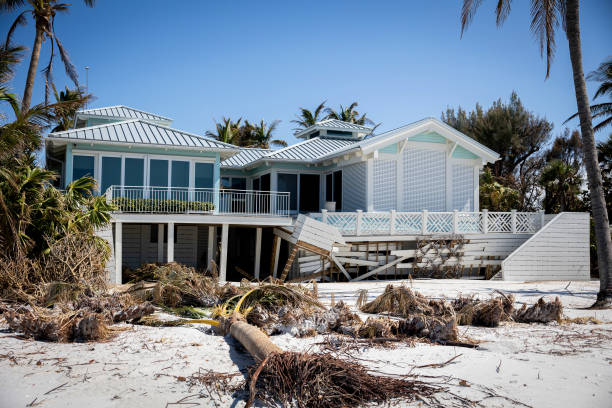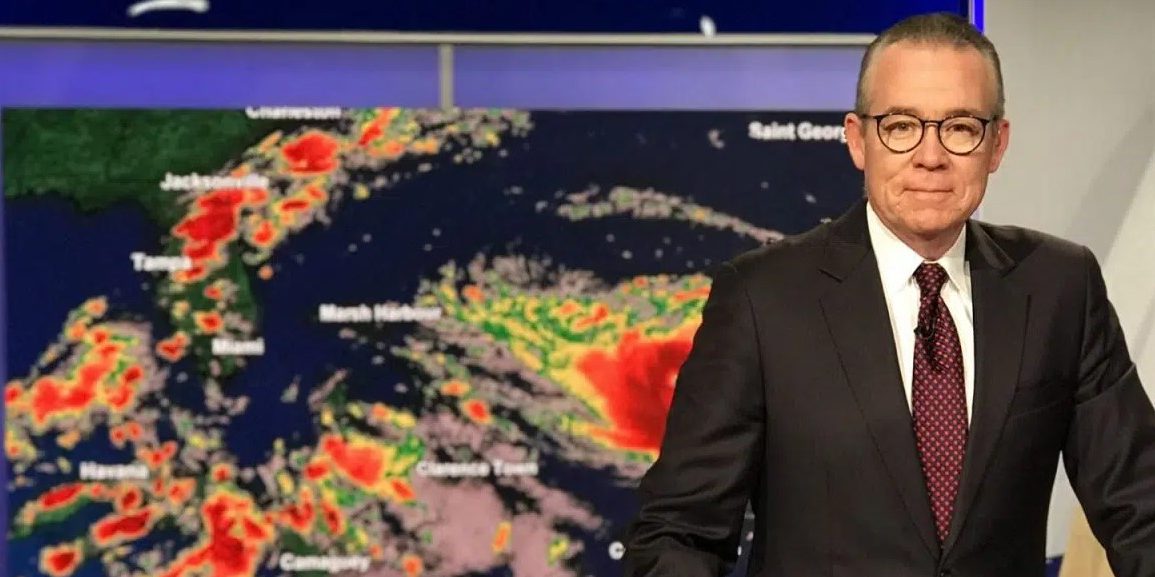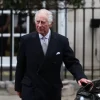Recent hurricanes, notably Helene and Milton, have not only caused devastation but have also sparked discussions about their potential impact on the upcoming presidential election, particularly in swing states.
As the frequency and intensity of these storms increase due to climate change, voters face practical concerns about their ability to cast ballots.
More significantly, these events raise pressing questions about the political significance of climate issues, especially as conspiracy theories about weather manipulation gain traction online.
John Morales, a Miami meteorologist, has recently gained attention for his emotional reporting during Hurricane Milton.
His heartfelt commentary underscored the seriousness of the situation and resonated with a wide audience, amassing nearly 2 million views.
This highlights the unique position of local meteorologists: they possess the expertise, credibility, and emotional connection necessary to communicate the realities of climate change and its direct link to extreme weather.

Polls indicate a shift in public perception, with 54% of Americans acknowledging climate change as a major threat. However, it remains a low priority compared to other issues, like the economy.
This disconnect poses challenges for climate advocacy, especially considering the significant investments needed to address climate change and its impacts, which could total trillions.
Despite the polarized media landscape, local meteorologists are among the most trusted figures in their communities.
Organizations like Climate Central provide them with resources to effectively communicate climate science, helping audiences relate to these global issues on a personal level.
In a world increasingly affected by climate-related disasters, the responsibility lies with weather reporters to bridge the gap between immediate weather events and long-term climate change.
Their role could be pivotal in transforming public discourse and fostering a deeper understanding of climate issues in the context of local communities.
As extreme weather becomes more commonplace, the urgency for clear, relatable communication on climate change has never been more critical.

